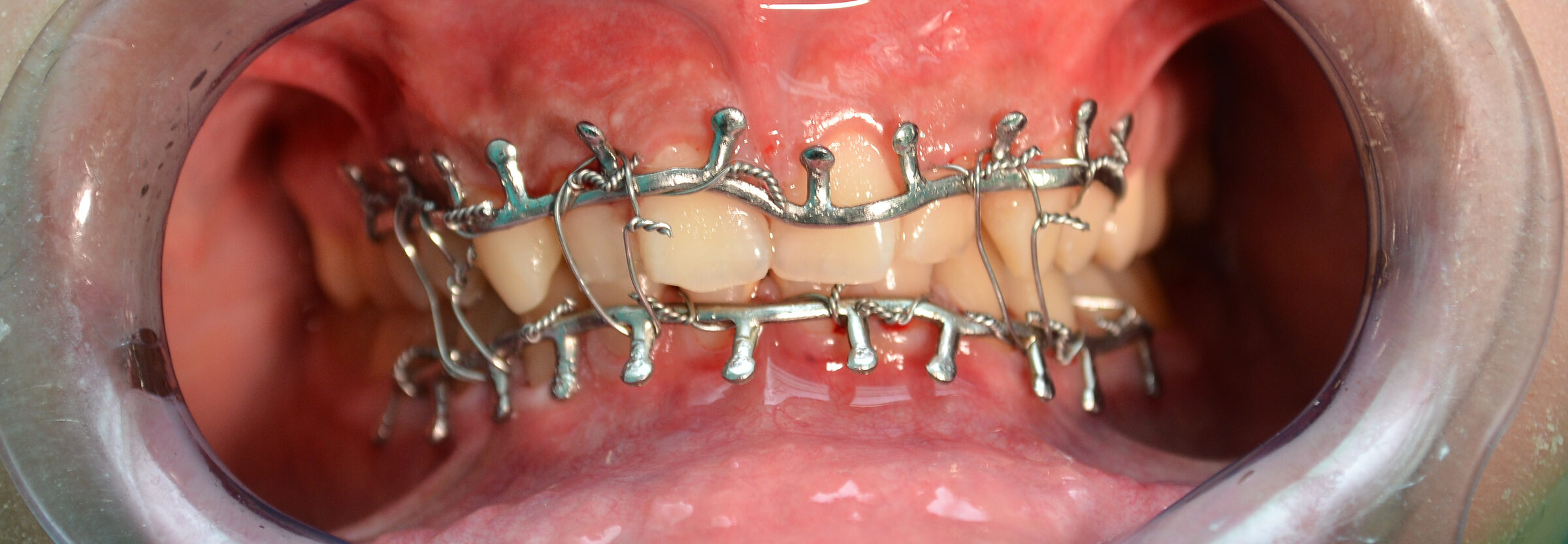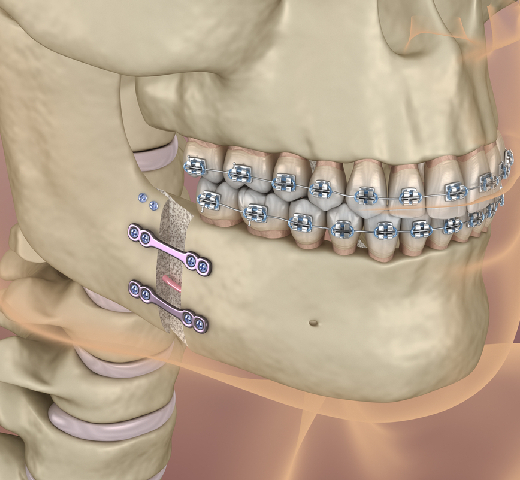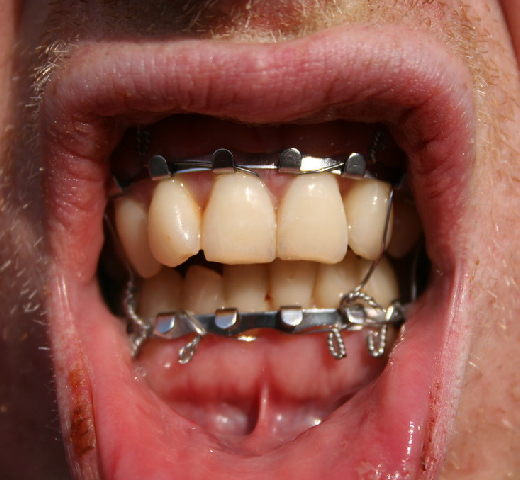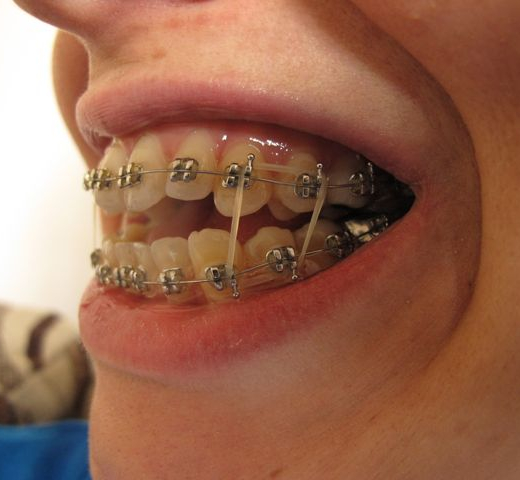
Treatment of broken jaws focuses on realigning and stabilizing the jawbone to ensure proper healing and restoration of function. A broken jaw, or mandibular fracture, is a common facial injury that can result from trauma such as falls, sports injuries, or vehicle accidents. Treatment often begins with a thorough assessment, including X-rays or CT scans, to determine the fracture’s severity and location. Methods of treatment can vary from wiring the jaws shut for minor fractures, allowing the bones to heal naturally while restricting movement, to surgical intervention for more severe cases.
Surgery may involve the use of plates, screws, and wires to secure the bones in the correct position. Post-treatment care includes a soft or liquid diet, pain management, and possibly antibiotics to prevent infection. Rehabilitation exercises may be necessary to restore full jaw function over time.
Treatment of broken jaws F&Q
Common causes include physical trauma such as vehicle accidents, sports injuries, falls, and physical assaults that directly impact the face or jaw.
A broken jaw is diagnosed through a physical examination and imaging tests such as X-rays or CT scans, which help determine the location and severity of the fracture.
The main goals are to ensure proper alignment of the jawbone, stabilize the fracture for healing, minimize pain, prevent infection, and restore normal function and appearance.
Treatment options range from non-surgical methods, like wiring the jaws shut for minor fractures, to surgical interventions using plates, screws, and wires to secure the bones for more severe fractures.
The healing time can vary, but typically it takes about 6 to 8 weeks for the jawbone to heal sufficiently. Full recovery, including the restoration of normal jaw function, might take additional time and rehabilitation.
Post-treatment care may include a soft or liquid diet, pain management, oral hygiene to prevent infection, and possibly physical therapy exercises to strengthen the jaw and restore movement. Regular follow-up appointments are necessary to monitor healing.












